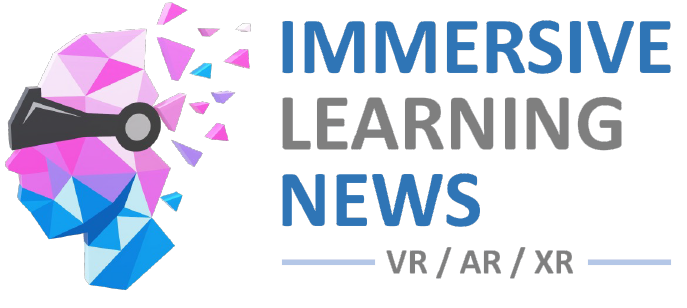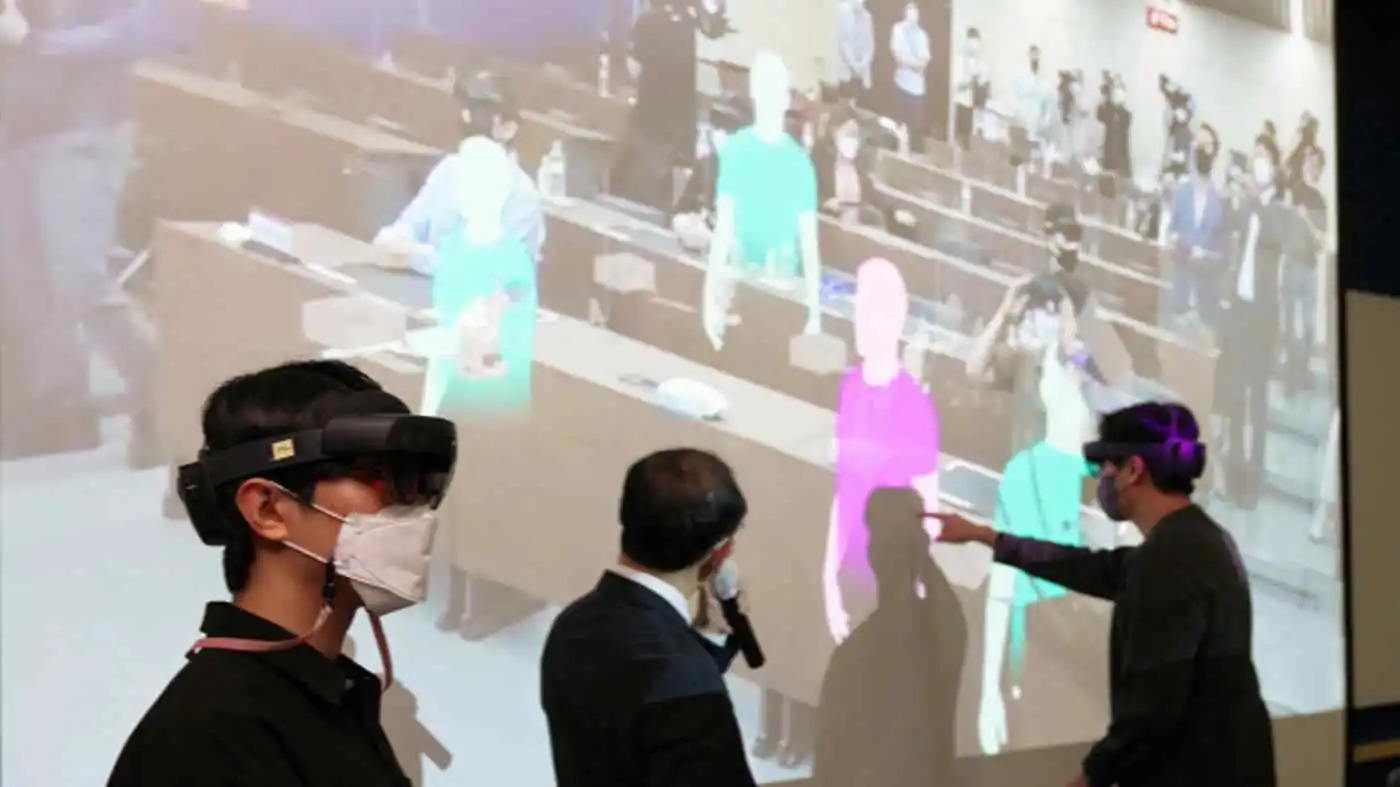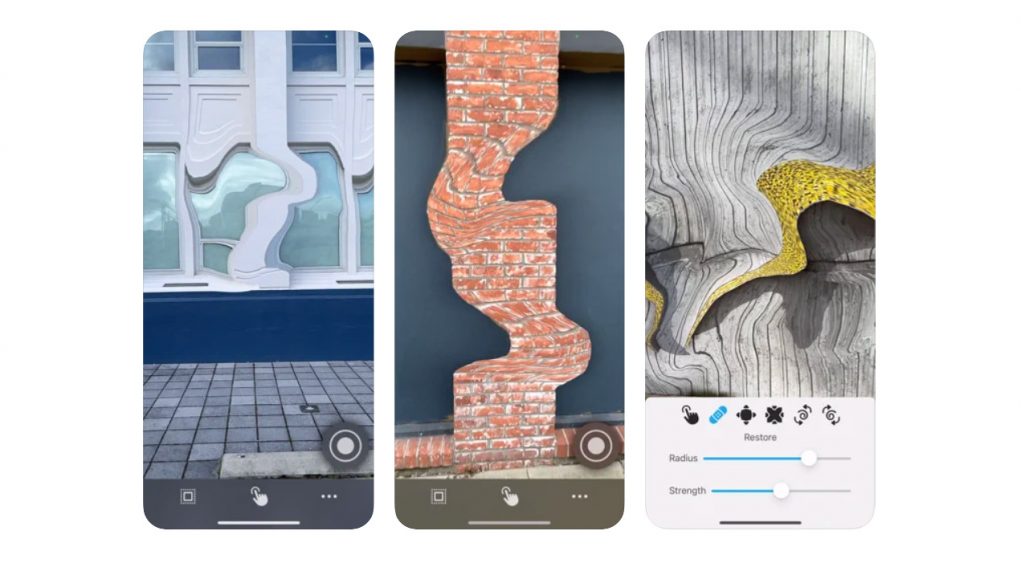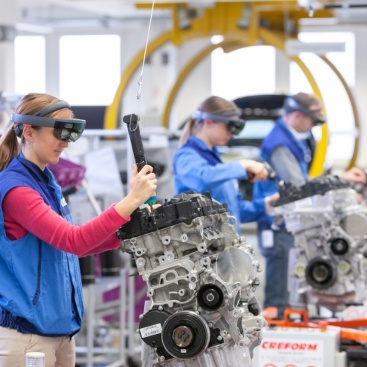Teaching taps VR even as emerging tech’s mass adoption remains in doubt
Educators in Asia are dipping their toes into the metaverse, the much-hyped virtual reality where humans can interact socially in cyberspace, even as emerging technology in this space grapples with finding its place in the real world.
From South Korea to Taiwan, schools and other organizations are tapping the metaverse as a tool for instruction, experimenting with VR applications to bring teaching beyond the classroom and devise new ways of imparting knowledge and skill.
Pohang University of Science and Technology in South Korea is working to become a „metaversity“ where classrooms are digitalized into the metaverse, offering training courses in cyberspace.
The university, known as POSTECH, serves 1,400 undergraduate and 2,500 graduate students who work with 450 faculty members and 820 researchers in fields like energy, materials, basic science, information communications technology and health.
„Virtual reality technology can be applied in fields that are difficult to access in reality, such as outer space and the nanoworld,“ Moo Hwan Kim, the university’s president, told Nikkei Asia. „In the long run, it will be able to replace classes that require more hands-on experiences or training in dangerous environments.“
POSTECH said it invests $300,000 a year to buy equipment and develop educational programs for students and has pooled $500,000 to build classrooms that tap the metaverse.
In Japan, at N and S high schools, the largest online high schools in the country, 7,000 students learn through VR headsets.
Director Riichiro Sono told Nikkei that the organization took to the metaverse to conduct lessons without physical constraints while providing an immersive environment for individual learning.
The schools surveyed the VR participants last year and found a satisfaction rate of 98.5%, he said, but noted that „it can take time for users to get accustomed to a VR environment“ and that „the additional weight of a VR headset can be a deterrent“ for some users.
 N and S high schools in Japan took to the metaverse as it offered a platform to conduct lessons without being limited by physical constraints. © Photo courtesy of N and S high schools
N and S high schools in Japan took to the metaverse as it offered a platform to conduct lessons without being limited by physical constraints. © Photo courtesy of N and S high schools
Metaverse adoption in schools comes as some Asian countries work to raise the bar on digital expertise.
South Korea’s science ministry said last year that it plans to invest 223.7 billion won ($166 million) to foster a metaverse ecosystem, including developing a „Metaverse Academy“ to train young experts in the field.
Likewise, Japanese Prime Minister Fumio Kishida said last year that his country would promote efforts to expand the use of various technologies, including the metaverse, to spur digital transformation in the public and private sectors.
Singapore has a national digital literacy program that aims to equip students with skills to navigate a digital society and take on jobs of the future.
Yet mass adoption of VR remains in doubt. U.S. tech giant Meta, which changed its name from Facebook in 2021 on the promise of the metaverse, has struggled to demonstrate the metaverse’s viability in the past year.
A 2022 global survey of executives from technology, media and telecommunications by KPMG International found only one-third of respondents saying their firms feel prepared with platforms to create applications for the metaverse.
Apart from formal education, the metaverse also has been used to help people develop a deeper understanding of situations that typically confront the less able in society.
The Syin-Lu Social Welfare Foundation, a nonprofit group in Taiwan that offers professional help for mentally or intellectually disabled children and their families, is using VR to raise awareness and help others learn more about people with autism.
Lydia Liu, the foundation’s director, told Nikkei that its use of the metaverse involves providing a first-person perspective via immersive digital environments to put the public in the shoes of those with autism, letting them experience what autistic individuals encounter in their daily lives.
„Our goal is to evoke empathy and help others understand the discomfort and inconvenience that autistic individuals may encounter,“ Liu said.
Quelle:
Foto: South Korea’s Pohang University of Science and Technology wants to become a „metaversity“ with digital classrooms. © Photo courtesy of Pohang University of Science and Technology
https://asia.nikkei.com/Business/Education/Metaverse-education-blossoms-in-South-Korea-Japan-Taiwan




